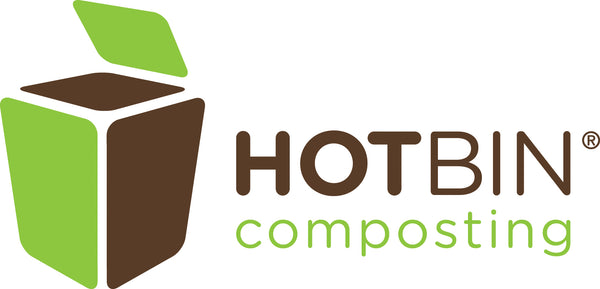How Composting Saves You Money and Grows a Healthier Garden
When you think about saving money around the house, composting might not be the first thing that comes to mind. But this simple practice can make a big impact—on both your wallet and your yard.
By composting your food scraps, yard trimmings, and other organic waste, you produce a free, high-quality soil amendment that reduces your need to buy fertilizers, soil conditioners, or even pesticides. That’s right—compost isn’t just good for the planet, it’s great for your budget, too.
Why Composting Is Critical in Certain Regions
While composting is beneficial anywhere, it’s especially valuable in areas facing soil degradation or water scarcity:
Soil erosion hot spots such as parts of the Midwest, Appalachian regions, and the Mississippi River Basin often experience heavy rainfall, runoff, or overworked farmland. Compost helps anchor soil, reduce runoff, and restore fertility.
Water-stressed areas like California, Arizona, Nevada, New Mexico, and large parts of Texas face regular droughts. Compost improves water retention in soil, reducing the need for frequent irrigation—making every drop count.
If you live in these areas, composting isn’t just good gardening—it’s a weather-resilient practice that helps your soil hold water during drought, reduce runoff during storms, and protect plants from temperature extremes.
The Hidden Costs of Not Composting
Many homeowners spend hundreds each year on fertilizers, pest control, or landscaping fixes. But these often only treat symptoms of poor soil health.
Compost, by contrast, builds strong, living soil that naturally supports healthy growth, stronger roots, and greater biodiversity. That means fewer inputs, fewer plant losses, and greater long-term success.
How Composting Saves You Money
- Cuts down on fertilizer and pesticide use.
- Compost delivers nutrients slowly and naturally while reducing pest pressure.
- Reduces watering needs.
- Soils amended with compost retain water longer, which lowers your water bills and protects plants during dry spells.
- Protects against soil erosion - The organic matter in compost binds soil particles together, improving structure and stability—especially on slopes or exposed ground.
-
Boosts plant vitality and yields - Whether you’re growing flowers or food, healthy soil means stronger, more productive plants.
Let’s Start Where You Are
Whether you're composting on a balcony or using a high-performance solution like the HOTBIN, the result is the same: less waste, richer soil, and more resilient gardening.
You’re also doing your part to divert organic waste from landfills and reduce emissions.
Final Thoughts
If you live in a region with poor soil, frequent storms, or ongoing drought, composting can be your most cost-effective and eco-friendly tool. It transforms everyday waste into something valuable saving you money while helping your garden thrive.
Start composting today and grow more than plants—grow resilience.

